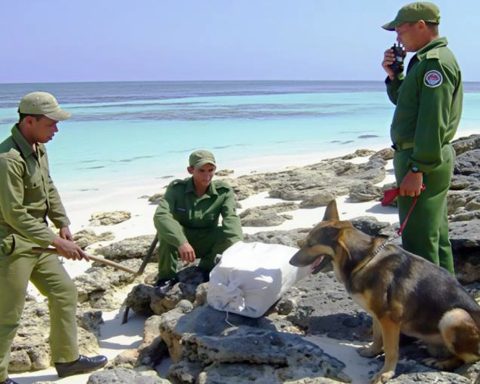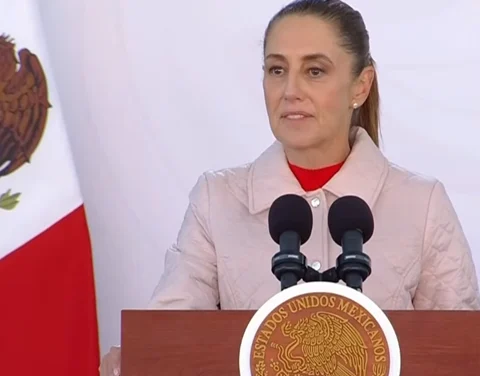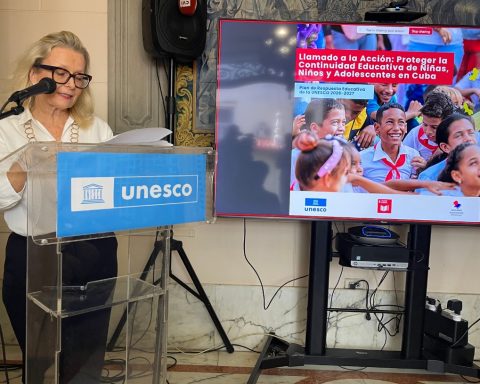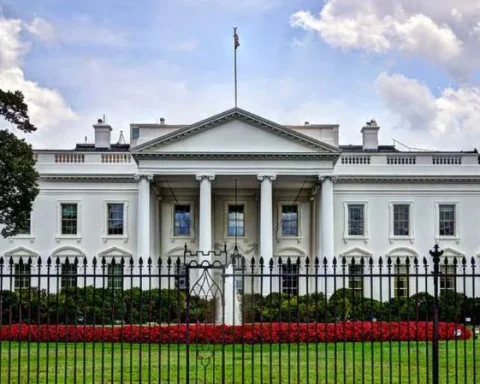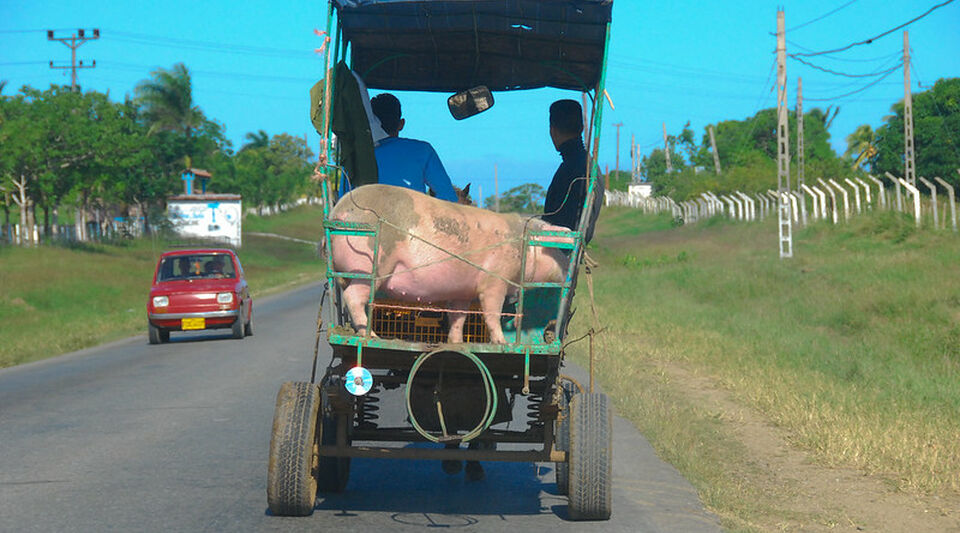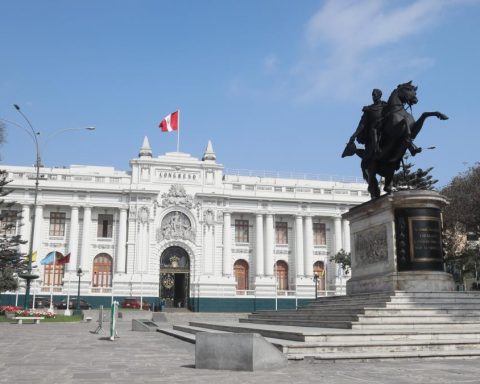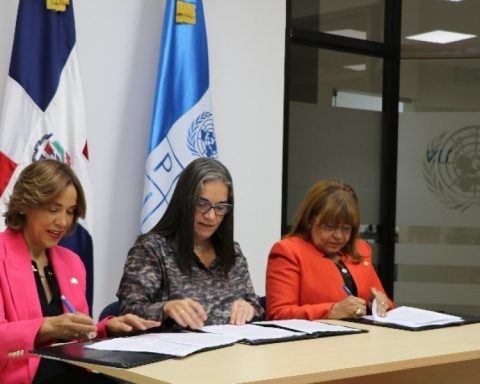According to a statement from the health entity, it is necessary to deal with emerging and re-emerging arboviruses with epidemic and pandemic potential; as well as the creation of a coalition of partners to strengthen coordination, communication, research and response to these evils.
“Viruses transmitted by arthropods (arboviruses), such as dengue, yellow fever, chikungunya and zika are current threats to public health in tropical and subtropical areas, where approximately 3.9 billion people live,” warned the WHO.
At the same time, he highlighted the frequency and magnitude of outbreaks of these diseases, especially those transmitted by Aedes mosquitoes, driven by the convergence of ecological, economic and social factors.
The director of the WHO Department of Pandemic and Epidemic Diseases, Sylvie Briand, explained that the next pandemic may be an arbovirus.
“The danger is only growing, and the proliferation of mosquitoes in urban areas represents a risk,” he said.
Regarding the initiative, the executive director of the organization’s Emergency Program, Michael Ryan, pointed out that “providing an effective response means being quick and agile.”
“Covid-19 and public health emergencies continue to humiliate us. As a society, we are susceptible to many infectious disease threats,” he noted.
For his part, the deputy director general for Universal Health Coverage and Communicable and Non-communicable Diseases of the WHO, Minghui Ren, stated that the more human populations increase, the more alarming is the threat of arboviruses.
The Global Arbovirus Initiative will rely on collaboration between the Global Health Emergencies Program, the Department of Control of Neglected Tropical Diseases and the Department of Immunization, Vaccines and Biologicals.
jcm/cdg

